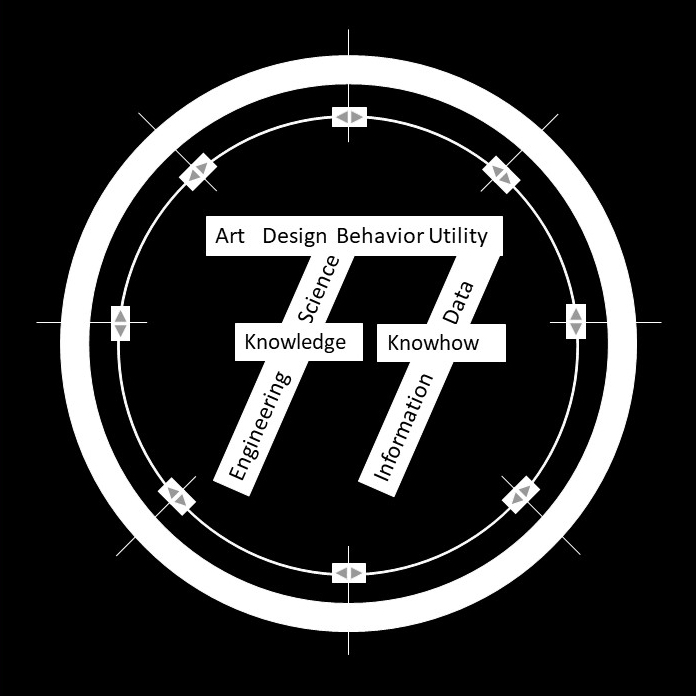Artificial Intelligence to Manage Food Waste
Listen to this Article
mins | This voice is AI generated.
mins | This voice is AI generated.
Changes in consumer demands have led to a transformation in the food and beverage industry, with demand for fast, affordable, and readily available food options. Currently, the industry is witnessing a surge in innovative startups and tech company collaborations. Deploying Artificial Intelligence (AI) and Machine Learning (ML) solutions aid in managing wastes, scale-up operations, and stay relevant in a dynamic market environment of the food industry.
These cutting-edge technologies have been used recently in waste management start-ups and programs. The USDA’s Economic Research Service report claims that ~30-40% of food waste, corresponding to USD 161 billion worth of food in 2010, were eliminated at the retail and consumer levels. Nearly 50% of food loss occurs during transit, storage, and by the consumers. The situation is an immediate concern, and aggressive measures are required to overcome the food loss crisis.
Food wastage has severe effects on the entire food value chain. If the waste ends up in landfills, it releases methane (greenhouse gas) and produces 25 times more harmful than carbon dioxide. It results in global warming and becomes even more harmful for climate change.
Changes in consumer demands have led to a transformation in the food and beverage industry, with demand for fast, affordable, and readily available food options. The industry has come up with innovative ideas and has started deploying advanced traceability and predictive technologies. Deploying Artificial Intelligence (AI) and Machine Learning (ML) solutions aid in managing wastes, scale-up operations, and stay relevant in a dynamic market environment of the food industry. AI can solve this problem and unlock USD 127 billion opportunities by reducing food waste by 2030, starting with regenerative agricultural practices.
Currently, the world of AI in the food and beverage industry appears to be dominated by innovative start-ups and tech company collaborations, developing machine learning algorithms to tackle specific challenges. The companies use AI to discriminate between types of food waste and measure food quality using smart scales, AI-guided intelligent meters, and cameras. The system is programmed using machine learning algorithms to identify the thrown food.
AI can also help by designing out avoidable food waste and preventing edible food from being thrown away. AI is one of the significant technological developments of the Industry 4.0 era, and it is an unparalleled opportunity to transit the food economy from a linear to a circular model.
Emerging start-ups, some enlisted below, are gaining momentum by applying this groundbreaking technology to reduce avoidable food waste.
Notable breakthrough start-ups in waste management in the food and beverage industry that are utilizing AI and helping the machine learn the basics of food waste are listed below for reducing the wastage of food and moving toward sustainability, protection, and regeneration of biological systems.
1. Winnow (Headquarter- London, UK)![]()
The 2013 founded start-up uses AI; the system photographs different foodstuffs thrown into a food waste bin, passes the data through an algorithm, and automatically calculates discarded food’s financial and environmental costs. When installed, the new AI-bolstered Winnow Vision can already recognize most food items, with staff only required to input kitchen-specific menu items during a training and automation process. With time, the system ‘learns’ to recognize throw products in the bin more accurately than the human eye.
IKEA has installed Winnow Vision across 23 stores in the UK and Ireland to cut food waste across its operations. The Winnow Vision is also used by the Emaar Hospitality Group.
2. Wasteless (Headquarter- Tel Aviv, Israel)![]()
Wasteless provides an all-in-one solution by dynamically pricing items with a shorter expiration date at their optimal price point using AI and ML at supermarkets. Their patented algorithm helps retailers optimize markdowns to increase their profitability substantially. This technology intends to save around USD 1 billion worth of food every week. The company operates throughout Europe and the US.
3. Gamaya (Headquarter- Switzerland)![]()
Using remote sensing, drones, RGB, and hyperspectral cameras capture concerned images, and then AI algorithms can detect potential threats related to crops or the wastage of seeds or plants and alert the farmers or farm, business owners. They have CaneFit and SoyFit toolbox solutions to address sugarcane and soybean cultivation demands in Brazil and other countries from pests and climate. Therefore, these toolboxes save them from perishing to waste. They also provide mapping and diagnostics of farmland based on the airborne and space-borne imaging data they collect using drones.
4. Greyparrot (Headquarter- London, UK)![]()
The company stands on the pillars of being proactive, enhancing product value, eliminating reliance on manual sampling and auditing, increasing customer satisfaction, increasing accuracy, and reducing food wastage on a mass scale. Their first product is an “Automated Waste Monitoring System” with a monitoring unit that instantly captures and analyses live image data of large waste flows on conveyor belts. The AI vision then identifies over 40 types of wastes using its recognition capabilities. The image data is displayed and exported to showcase the detection results in real-time on the live dashboard that can control the plant’s systems. Greyparrot enables to capture of valuable resources better and reduces the number of disposed of products.
5. The 77 Lab (Headquarter- MIT, Cambridge, USA)
The company uses mechatronic systems, computer vision, and adaptive control algorithms, along with AI and ML. The 77 lab smartbots are using ML and can determine the ripeness level of fruit, distinguish fruits from other plants in a better manner, and handle fruits more carefully. The robot identifies and removes damaged billets of sugarcane and then consistently distributes healthy billets in the rows. The whole idea behind precision agriculture reduces crop wastage and gives a push forward to sustainability.
References
Share your focus area or question to engage with our Analysts through the Business Objectives service.
Submit My Business ObjectiveOur long-standing clients include some of the worlds leading brands and forward-thinking corporations.




























